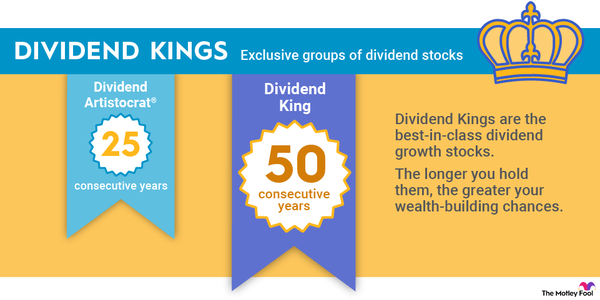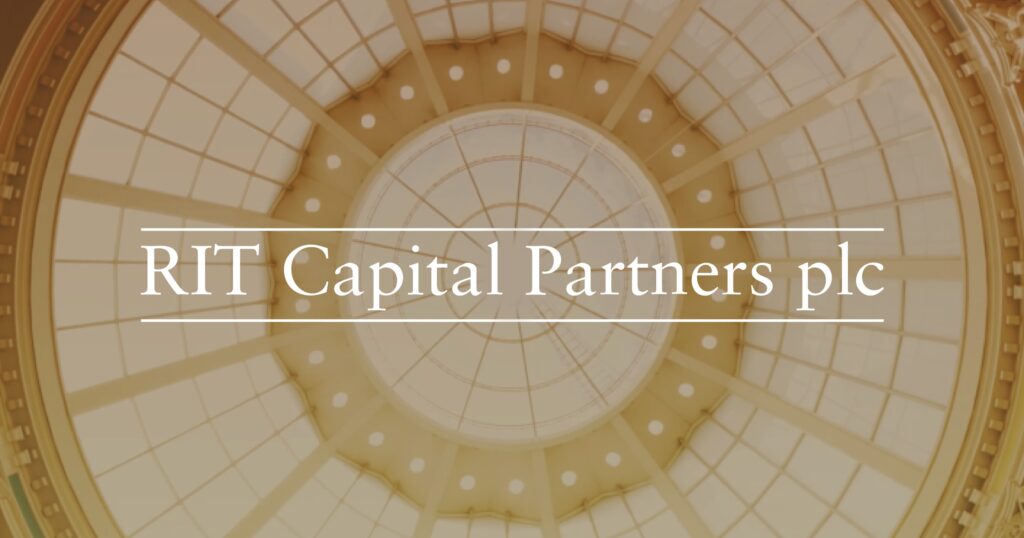So an ETF is an index of several stocks put into a singular fund. The s&p500 is an index of 502-505 of the largest stocks in America. Some stocks within the s&p are weighted so for example for every euro you put into the s&p500 etf, google is worth 5pc of it while a smaller company might only be worth .05pc. You can also have other etf's that are more dedicated to certain industries like travel, energy, health etc. s&p500 is the most general and most diverse. All of the biggest name stocks you can think of are in the s&p500 such as apple, amazon, google, coke cola etc. You can take a look at the list here:

en.wikipedia.org
If we didnt have the deemed disposal tax rule in Ireland, i would be telling you to just go for the s&p500 as then you can forget it, its as safe as it can be for equities and you can just forget about it but for some reason, ireland doesnt like etf's.
So if you are looking at the american market, most of the dividend stocks and capital appreciation stocks are in the s&p500. You also have Uk stocks and EU stocks along with the hong kong market if thats what you are after. I am mainly in the american market but each to their own.
Here are some dividend specific stocks that you could look at:
Get a list of current—and potential future—dividend kings & also learn how to leverage these strong companies to build wealth.

www.fool.com
Get a list of current—and potential future—dividend kings & also learn how to leverage these strong companies to build wealth.

www.fool.com
You can use yahoo to look at more info around companies that you might like:
At Yahoo Finance, you can receive free stock quotes, up-to-date news, portfolio management resources, international market data, social interaction and mortgage rates that help you manage your financial life.

uk.finance.yahoo.com
If you go down the stock route, do not buy in lump sums. just slowly get into it slowly so you get more comfortable with it. What i did at the start was put 1k into a brokerage. I then bought and sold some sample stocks to get used to how it works. I then started moving larger amounts in as time went on and i became more comfortable with the interface
There is no holding period for stocks. You could buy 2.5m worth of a stock today. One hour later as long as there is enough buyers, you could sell it all again. Larger companies have more sellers and buyers(liquidity and volume) so you can sell and buy quicker. For all the companies that you should be going into, you should have no liquidity issues of selling same day. its really only the small cap riskier stocks that can have volume issues if selling a large amount. Selling is also dependant on how much you want for it. Similar to a house. lets say the house is worth 100k but you want 105k, no one will buy it until you sell it for market rate so in the same vane, if a stock is selling for 50e today per share and if you sell it for 50 or under, your more likely to close the sale quicker than putting it up 55e. Normally you can only sell during business hours in that stock exchange. EG if its usa, they start at 2.30pm GMT. Some brokers in ireland may offer after market trading where you could sell when they are closed but for simplicity just assume you can buy and sell during business hours. This is one of the best things about stocks in my opinion. Buying and selling a property can take 3-6months minimum while stocks can be sold within seconds of you wanting to sell it.
Let me know if you have any more questions.


